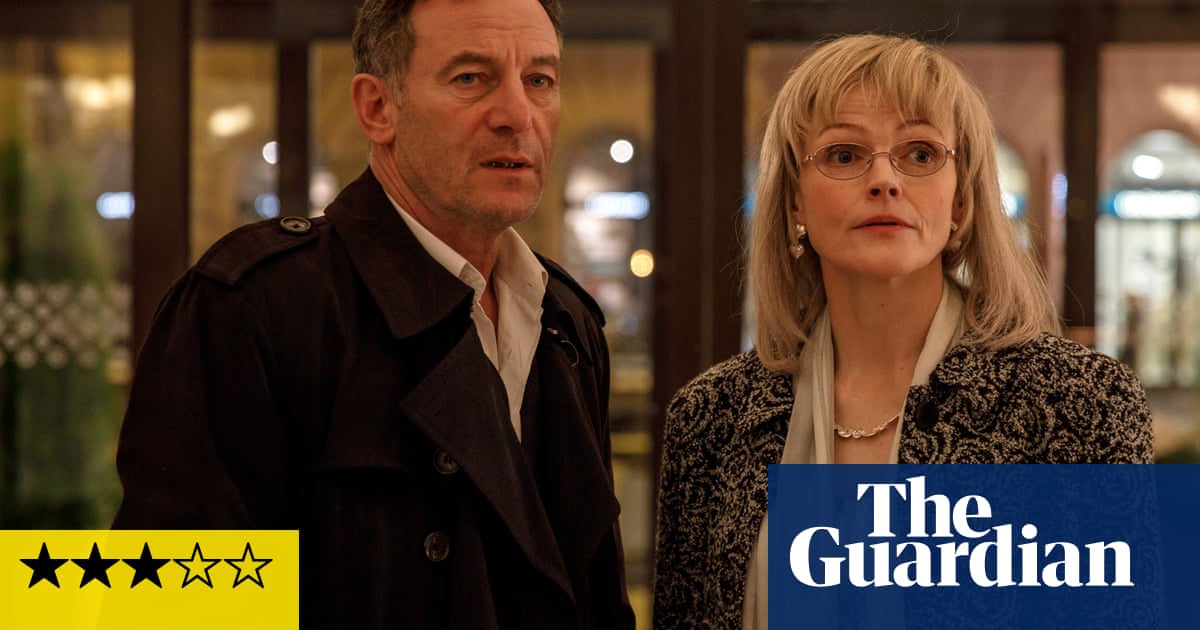This British-American co-production offers a dramatised portrait ofRussian journalist Anna Politkovskaya(played by Maxine Peake) who was assassinated in 2006. Politkovskaya’s gutsy, impassioned reporting on thesecond Chechen warwas highly critical of the Kremlin, the Russian army and Vladimir Putin personally. (The fact that she was murdered on his birthday was surely no coincidence.) Nineteen years after her death, she remains a folk hero worldwide for resistances to autocracy, especially given the rise in repression everywhere and constant threats to journalists.
Given all that, the film deserves respect for the subject matter, even though this is a pretty basic rendition of Politkovskaya’s story, a little too sticky with hagiographic sentimentality and the cliches of crusading journalist-led movies. It also should be noted that Politkovskaya’s family haven’t given the film their blessing; some of them may not be happy, for instance, with the thinly written characterisations of their fictional counterparts, like her son Ilya (Harry Lawtey) who is made to seem peevish and self-absorbed even when his feelings are understandable. (“I’m not watching you die!” he bellows at one point.)
In fact, the flawed peripheral characters are more interesting than Peake’s Politkovskaya, who spends much of the film with her strong jaw jutting out, projecting nobility despite the over-lacquered blond wig inflicted on her. Her best scenes are those in which she spars withJason Isaacs, who plays her husband, Sasha – a TV journalist clearly proud of his wife but jealous of her success – and with Ian Hart (always a treat when playing the heavy) as a sinister FSB secret policeman who loves history.
The gently swelling strings in the score and flat lighting all serve to underscore the televisual atmosphere – even in what should be the film’s climatic set piece, thedisastrous siege at Moscow’s Dubrovka theatre, a cataclysmic event that deserves more dynamic film-making than the bit of slow-motion and sound dimming offered here. Politkovskaya served as a negotiator between the Russian security forces and the Chechen terrorists; she was later poisoned on a plane headed to Beslan, where a school full of children were also killed by terrorists. Politkovskaya survived that particular assassination attempt but those who know her story will dread the arrival of the final blow. It is to the film’s credit that over the end titles we see a portrait not just of the real Politkovskaya but also some of the 1,500 journalists worldwide who have been murdered in recent years.
Words of War is on digital platforms from 30 June
